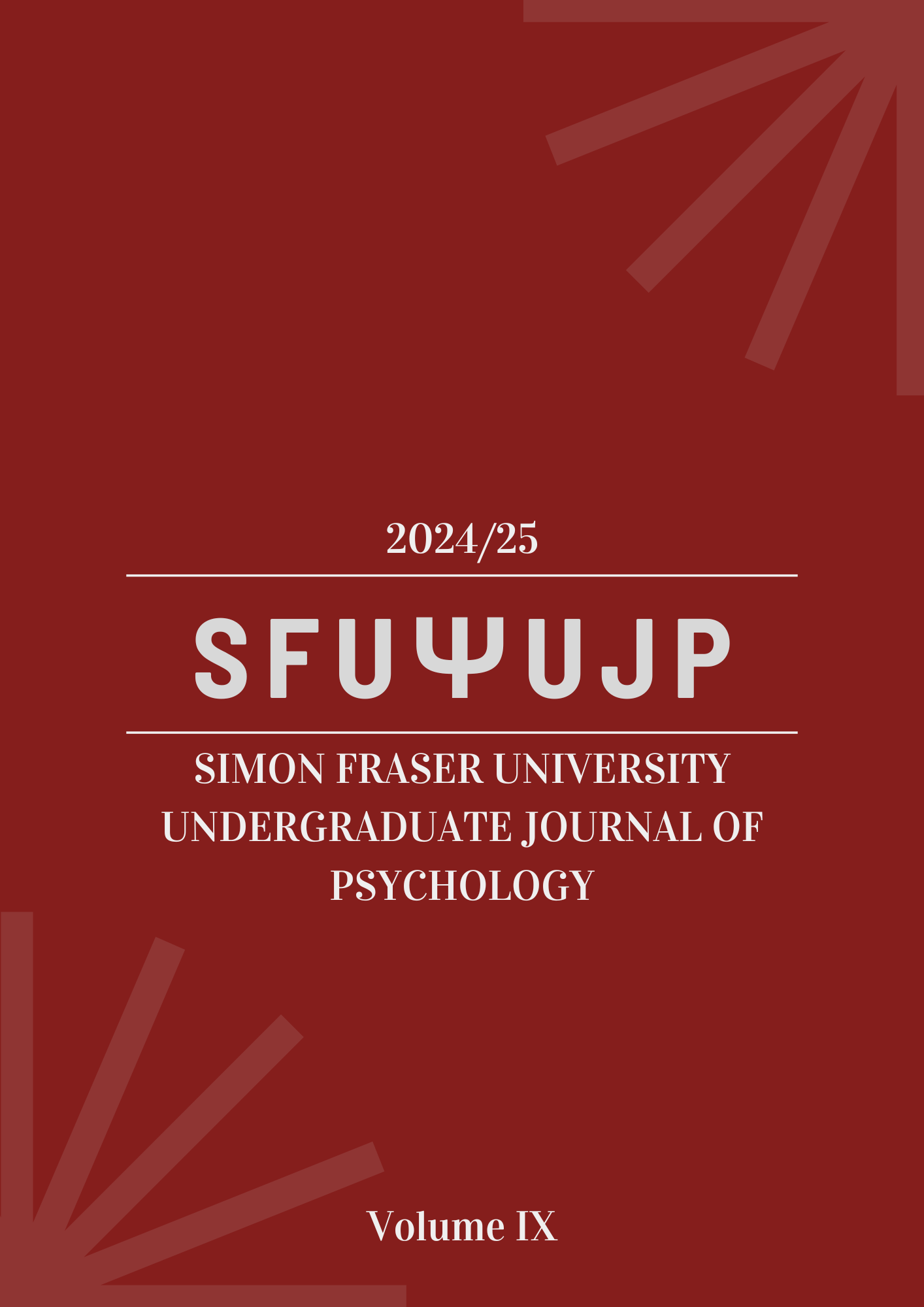Abstract
Existing literature suggests that a positive correlation exists between awe and prosociality and that prosociality and aggression are negatively correlated. Young children who exhibit aggressive behaviours have a greater risk of experiencing peer rejection, delinquency, psychiatric illnesses, academic problems, and suicidal behaviours. Current treatments typically target clinical aggression and are not preventative or effective for young children without developed executive functioning skills. As such, creating accessible and appropriate preventative treatments for young children at risk of future aggressive behaviours or those displaying subclinical aggression should be a priority. Since awe is commonly experienced in childhood it may be effective in preventing the development or worsening of aggressive behaviours in young children compared to existing treatments that require cognitive reappraisal. Awe could reduce aggressive behaviours by promoting prosocial thoughts, curiosity about the world, and positive affect. While it is possible that awe does not directly influence aggression, its positive relationship with prosociality could decrease stress, promote curiosity, induce amusement, and foster well-being, which may have spillover effects into other domains of functioning and promote positive developmental outcomes such as improved family dynamics, reduced aggression and increased positive affect. This proposed treatment also has the potential to help differentiate children who need additional targeted support.
Keywords— Awe, Aggression, Aggressive Behaviours, Children, Prevention, Intervention

This work is licensed under a Creative Commons Attribution 4.0 International License.
Copyright (c) 2025 Ezra Yoshie

